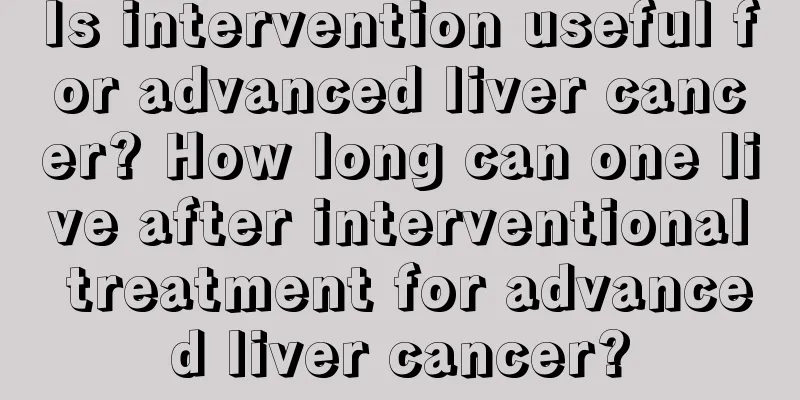Can aplastic anemia be cured?

|
Anemia should be said to be a very common disease in life. This disease is divided into many different types, among which iron deficiency anemia is the most common. Although the incidence of aplastic anemia is relatively low, the harm it causes is relatively serious. Therefore, we should also know more about this disease. If possible, it is best to actively prevent it in normal times to avoid being harmed by the disease. If you have accidentally contracted the disease, you must actively treat it. Some patients may feel that it is difficult to cure aplastic anemia, so they give up on themselves. So, are their ideas correct? Can aplastic anemia be cured? The incidence of aplastic anemia (AA) in China is 0.74/100,000 people, and the incidence of severe AA is 0.14/100,000 people. In addition, the incidence is on the rise. Among them, adolescents and children aged 10-25 are the main group of people suffering from severe AA. However, the public's correct understanding of severe aplastic anemia is seriously insufficient. Once some children become ill, their families become blindly desperate and even give up on treatment. At the 2014 National Forum on Standardized Treatment of Severe Aplastic Anemia in Children held recently, experts pointed out that although aplastic anemia is dangerous, it is actually a benign disease. Through timely and standardized treatment, severe aplastic anemia can be controlled and even cured. Aplastic anemia is a hematopoietic failure disease caused by multiple causes, which ultimately leads to a decrease in the number of blood cells in the patient's body. Severe aplastic anemia has an acute onset, progresses rapidly, and is serious, with bleeding, infection, and fever often being the first symptoms. For example, if a patient experiences severe nose bleeding, blurred vision, headache, nausea, and vomiting, it is often a precursor to fatal intracranial hemorrhage. If medical treatment is not sought in time, it will often deprive the patient of his life. Patients with severe aplastic anemia may also suffer from very serious infections. Severe infection can aggravate bleeding, and bleeding is prone to secondary infection. At the same time, bleeding and infection aggravate anemia, forming a vicious cycle nightmare. One of the pathogenesis of aplastic anemia is cellular immune dysfunction. Certain viral infections (such as hepatitis virus, parvovirus B19, etc.), the use of bone marrow toxic drugs, exposure to toxic chemicals, and long-term or excessive exposure to radiation are high-risk factors for aplastic anemia. Most cases of aplastic anemia are not related to genetics, but in a few patients, the onset of aplastic anemia is related to genetic factors, such as Fanconi anemia and congenital dyskeratosis. If children and young patients have short stature, café-au-lait spots and bone abnormalities, it often indicates that they may have congenital aplastic anemia, and parents should be vigilant. |
<<: What are the folk remedies for seasonal dermatitis
>>: What is pulmonary capillary wedge pressure
Recommend
How much does ovarian tumor surgery cost approximately?
Ovarian tumor refers to a tumor that occurs on th...
Are lung nodules serious?
There are more and more patients with lung diseas...
What are the diagnostic methods for liver cancer? Five common complications of liver cancer patients
Cancer is a common disease in life. There are man...
How to remove the garlic smell from your hands
In the hot summer, many people like to eat some c...
Head down, listless
With head down and listless, it describes the loo...
How many fetal movements are considered frequent?
When a woman is pregnant for a certain period of ...
What are the dietary precautions after radiotherapy for esophageal cancer? Pay attention to these three aspects
After radiotherapy for esophageal cancer, the fir...
How much does chemotherapy for colorectal cancer cost
How to treat colorectal cancer is now a hotly dis...
Tips to remove allergy-induced pimples
In daily life, allergies are a common skin condit...
Understand the symptoms of esophageal cancer to control the progression of the disease
Esophageal cancer is a common and frequently occu...
Can the stomach expand?
Many people's gastrointestinal function is no...
5 healthy lifestyles to effectively delay aging
The moon waxes and wanes, and people are born, gr...
Causes and treatments of back nerve pain
Sometimes muscle soreness may occur at a certain ...
Effects of Red Ghost
Red Ghost is mainly used to be worn on the body a...
Bend the first joint of the finger
The hands are connected to many parts of the body...









